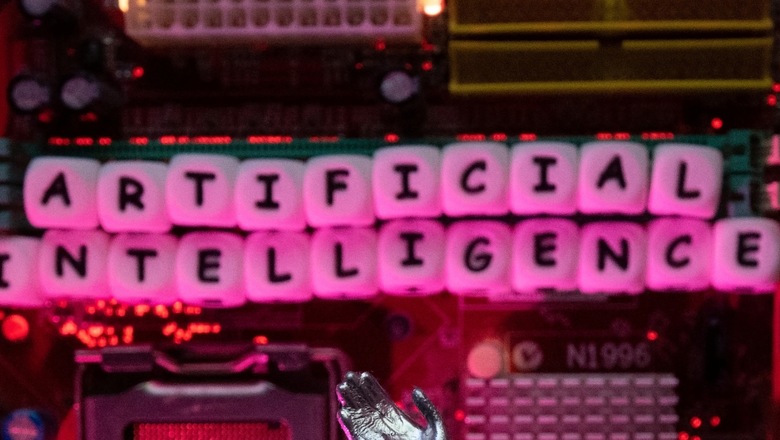
views
Concerns surrounding cyber threats, particularly the increase in deep-fakes and Artificial Intelligence-related crimes, were discussed in a special session at the third national conference of chief secretaries held on December 28-29, sources who attended the symposium told News18.
Sources added that suggestions were made during the ‘Cyber Security and Its Emerging Challenges’ session to build a database with details of such crimes and criminals that can be accessed by law enforcement agencies.
“Deep-fake technology involves the use of advanced artificial intelligence algorithms to create highly realistic and often deceptive multimedia content, such as videos or audio recordings, manipulating and superimposing faces and voices to generate convincing but fabricated material. A long discussion was held on related crime and suggestions were made. Notably, participants underscored the importance of establishing a comprehensive database cataloguing crimes related to deep-fakes and their perpetrators,” a senior government official told News18.
Another official said a detailed brainstorming session was held on deep-fakes and their detection becoming tough due to AI.
“The top officials voiced a unanimous concern about the potential ramifications of cyber threats and security in the era of AI and collectively labelled these as one of the most significant cyber threats looming over the future. The gravity of the situation was emphasized with a stark estimation: by 2024, cybercrime is predicted to inflict an alarming $8 trillion in damages, positioning it as the third-largest economy globally, following only China and the United States,” the official said.
Prime Minister Narendra Modi had recently flagged deep-fakes and artificial intelligence as major challenges.
“There is a challenge arising because of artificial intelligence and deep-fakes … a big section of our country has no parallel option for verification … people often end up believing in deep-fakes and this will become a big challenge,” the PM had said. “I recently saw a video in which I was seen singing garba songs. Even I marvelled at how good the video was. There are many other such videos online.”
Latest Advisory from IT Ministry
The Ministry of Electronics and Information Technology (MEITY) has issued a comprehensive advisory to all intermediaries, directing them to comply with the existing IT rules. The advisory aims to ensure intermediaries take proactive measures to combat the dissemination of prohibited content, especially those outlined in Rule 3(1)(b) of the IT Rules.
“The content not permitted under the IT Rules, in particular those listed under Rule 3(1)(b) must be clearly communicated to the users in clear and precise language including through its terms of service and user agreements and the same must be expressly informed to the user at the time of first-registration and also as regular reminders, in particular, at every instance of login and while uploading/sharing information onto the platform,” the advisory said.
It underscored the importance of informing users about the legal repercussions, citing penal provisions under the Indian Penal Code (IPC) 1860, and the IT Act, 2000, in case of violations related to Rule 3(1)(b).




















Comments
0 comment